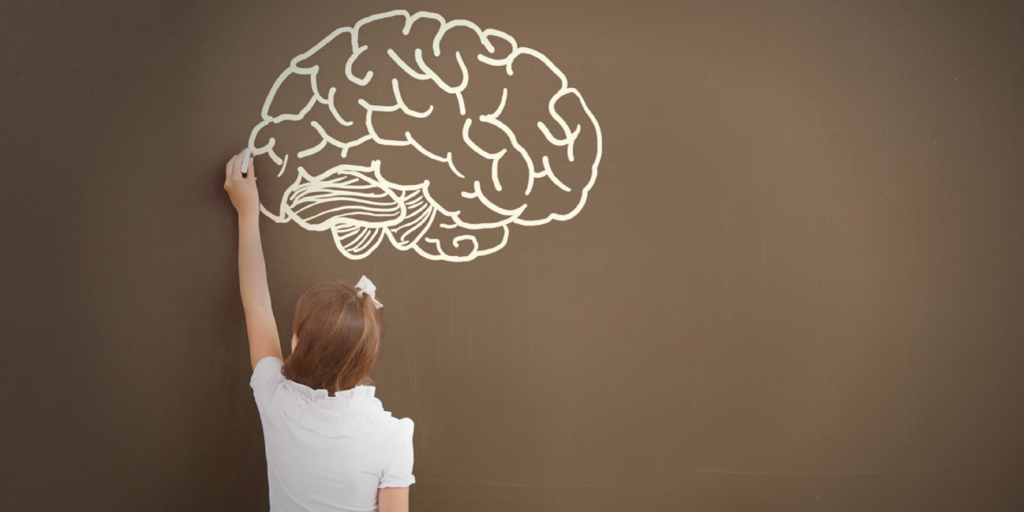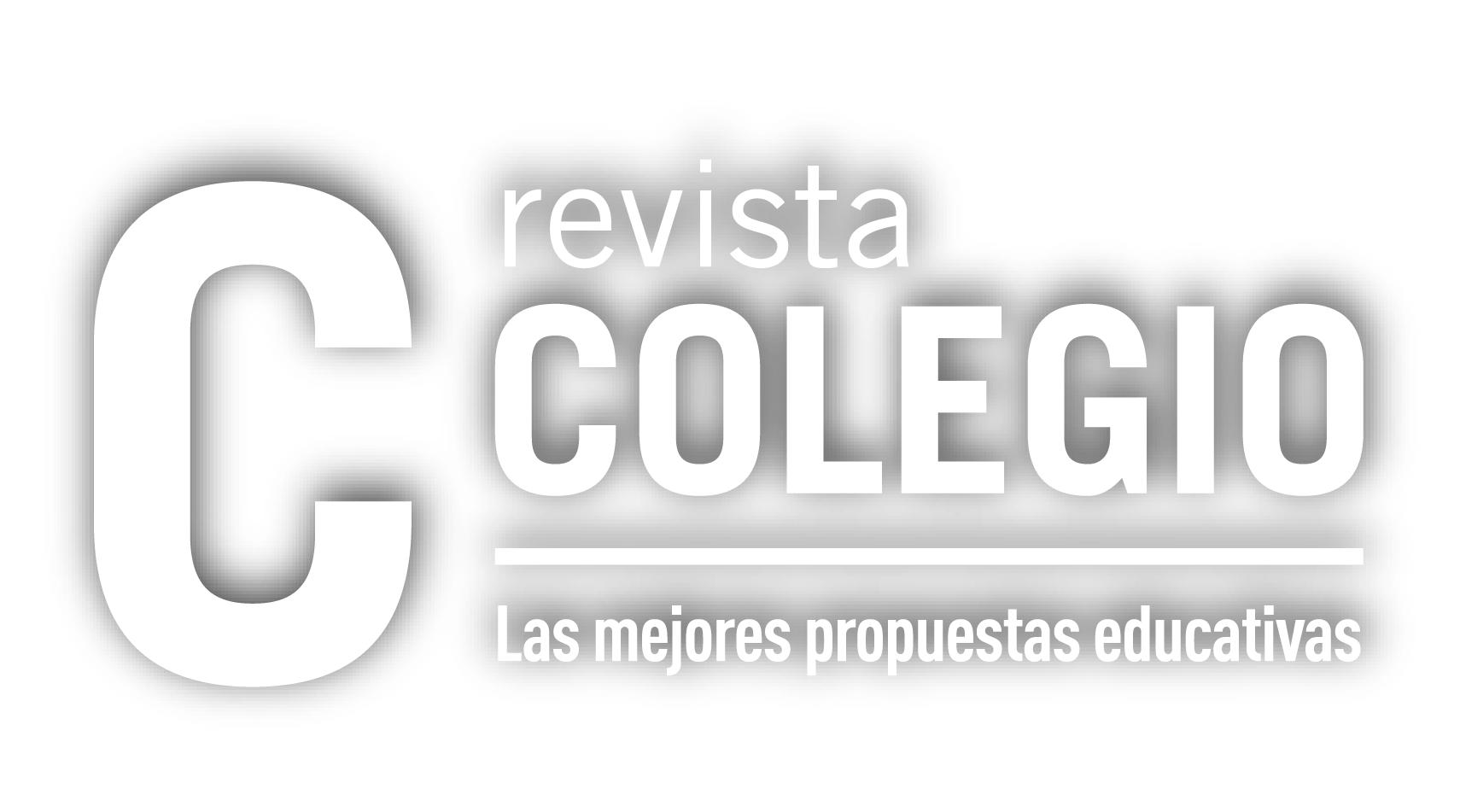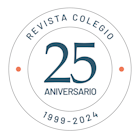
By Marcel Ruiz-Mejias 1,2*
Have you ever asked yourself what is your perception of yourself? And more specifically, what is your perception of yourself in relation to learning? Did you know that the perception of oneself (and in learning, and in many other things) is determined by the beliefs we have? And by beliefs we mean all kinds of beliefs, such as whether studying makes me better or worse, that our intelligence is invariable or can vary, or that we use ten percent of our brain or all of it (one hundred percent).
“It turns out that they are explaining to us in various places that neuroscience and learning practices based on neuroscience can be beneficial for me and for my teachers. That I should also learn about neuroscience because this can generate a benefit for me, which I think is interesting, yes, but I think it’s also a drag. Because I have to read and study things that I have no idea if they will be useful for me, especially because -for example- I want to study English philology, which has
nothing to do with neuroscience. Besides, what I really want to do, with all that’s going on, is to be with my friends: for me it’s one of the most important things I have right now.”
These may very well be some of the thoughts going through your head at this time of your life. I would like to make it clear to you that they make perfect sense and that there is nothing to criticize, just relax.
But I would also like to explain why I believe that knowing how your brain works can bring you benefits in every way. Mainly, because it is the organ with which you learn, which is something you are born with as standard, that ability to learn. Moreover, like any process, that learning capacity can be modeled, and you can become a more effective ‘learner’. I usually explain this idea with these two examples: a sportsman or athlete, if he/she has a better knowledge of his/her body, will be able to perform much better in his/her sport or specialized test. Or a diabetic, if he/she knows well the biological mechanisms of diabetes, will be able to take better control over his/her disease and make it less harmful. This is the value of ‘knowledge’. The same happens in the case of the brain, since it is the organ with which we learn, and for this there are several areas of knowledge that provide us with ideas of how it works: neuroscience, cognitive and educational psychology, etc.
But now I will try to explain in more detail what we have done in this article.
We have carried out an investigation to find out if by teaching different ideas related to neuroscience, learning strategies and related ideas – because I understand that when you go to school they teach you what you have to know, but nobody has taught you how to learn it better, right? – the students get some benefit for their learning, and ultimately – and that was our goal – it helps them to change the vision they have of themselves as ‘learners’, so they can get better results in their transit at school. If you read the article, which I think if you know English you can
read it perfectly, you will see that we have designed a program that we have called NeurAula, with a series of classes, contents and activities, which lasted a couple of weeks, during the ‘Brain Awareness Week 2019’, which is what it would come to be for example the day of the Worker, but for neurosciences, and on a global scale.
What we have seen is that this course made the students feel more motivated, at least for the things that were explained there, for the way it was done, for the experts who participated as teachers, among many other things. And we saw that many students realized that they were already using many of the learning strategies that we proposed. This is true, there are many people who innately have many learning strategies or learn them here and there. Other students are different, and we believe they may do well to learn them in school.
Unfortunately, this program could only be carried out in one class of students, and when we wanted to measure quantitatively the impact it had had, we did not obtain a clear effect due to the limited number of participants, since the effects were not that they suddenly became superlearners, but we believe that it modified a bit their vision of themselves a little bit -what in psychology is known as ‘self-concept’, that although we recognize it could be measured in different ways, it was more than enough to justify the research and the NeurAula program, and that made us very happy.
Source: Journal of Neuroeducation – Revistes Científiques de la Universitat de Barcelona
*1 Research Group in Health Sciences Education, Department of Experimental and Health Sciences, Universitat Pompeu Fabra, Dr. Aiguader 88, 08003 Barcelona, Spain.
*2 Escola Pia de Sarrià-Calassanç, Immaculada 25-35, 08017 Barcelona, Spain.






Notas Relacionadas
La Conferencia Iberoamericana del IB en Bogotá: Innovación y Colaboración Educativa
Estrategias Metodológicas para la enseñanza de Inglés como herramienta comunicativa integral
Pearson Clinical Assessment: About Us